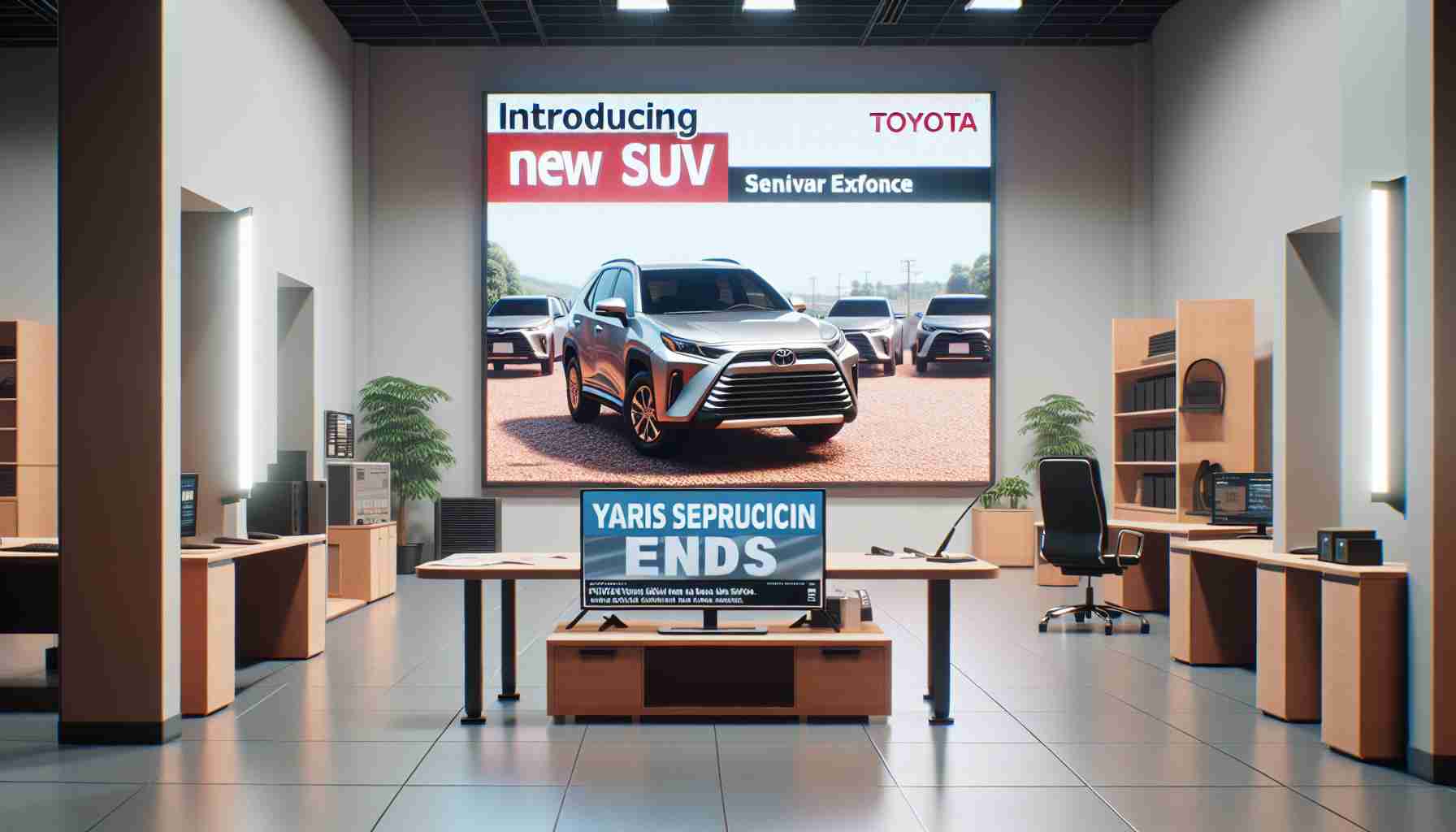Toyota has officially announced the discontinuation of the Yaris Sedan production in Brazil, signaling a strategic shift in their vehicle lineup. The automaker confirmed the decision to cease production of the sedan as well as manual transmission options, redirecting their efforts towards introducing a new model tailored for the B-segment market.
Moving away from the traditional sedan offerings, Toyota is gearing up to unveil the Yaris Cross, a compact SUV designed to cater to evolving consumer preferences and market demands. This new addition is set to be manufactured at the Sorocaba plant in São Paulo, with its arrival in Argentina slated for the first half of 2025.
The revamped lineup in Argentina will now focus on the hatchback variants, including the XS, XLS+, and S models, all featuring automatic transmission for enhanced driving experience. While the sedan and manual hatchback options will continue to be available until existing stock is depleted, the brand’s emphasis on transitioning towards innovative SUV models is evident.
With the Yaris Cross poised to make waves in the competitive SUV segment, Toyota is strategically aligning its product offerings to align with changing industry trends and customer preferences. As the automotive landscape evolves, Toyota’s decision to pivot towards SUVs underscores the brand’s commitment to staying ahead of the curve in an ever-changing market.
Toyota’s Strategic Shift: Introducing New SUV Model to Replace Yaris Sedan
Toyota has made headlines with its recent decision to discontinue Yaris Sedan production in Brazil, marking a significant strategic shift in the brand’s vehicle lineup. As the automaker bids farewell to the sedan and manual transmission options, it is set to introduce a new model tailored for the competitive B-segment market.
What prompted Toyota to shift focus from sedans to SUVs?
Toyota’s decision to transition from traditional sedans to SUVs stems from a growing consumer preference for larger, more versatile vehicles. SUVs have gained popularity for their spaciousness, versatility, and elevated driving position, making them appealing to a wide range of customers. By pivoting towards SUVs, Toyota aims to align its product offerings with evolving market trends and consumer demands.
Key Challenges and Controversies:
One key challenge Toyota may face in this transition is ensuring a smooth shift in production processes and supply chain management to accommodate the new SUV model. Discontinuing the Yaris Sedan production while introducing a new vehicle entails careful planning to minimize disruptions and meet customer demands effectively. Additionally, there might be controversies surrounding the decision to phase out the sedan in favor of an SUV, especially among loyal sedan enthusiasts.
Advantages and Disadvantages of the Shift:
One advantage of Toyota’s shift towards SUVs is the potential to capitalize on the booming SUV market segment, attracting a broader customer base and staying competitive in the industry. SUVs generally command higher profit margins compared to sedans, offering a lucrative opportunity for the brand. However, a possible disadvantage could be the disruption in sedan-focused markets that may impact loyal sedan customers and market segments with specific sedan preferences.
As Toyota gears up to introduce the Yaris Cross, a compact SUV designed to meet the evolving needs of consumers, the brand’s strategic realignment underscores its proactive approach to innovation and market adaptation. By embracing the SUV trend, Toyota aims to solidify its position as a forward-thinking automaker responsive to industry shifts and customer preferences.
For more insights into Toyota’s latest developments and strategic decisions, visit Toyota’s official website.















